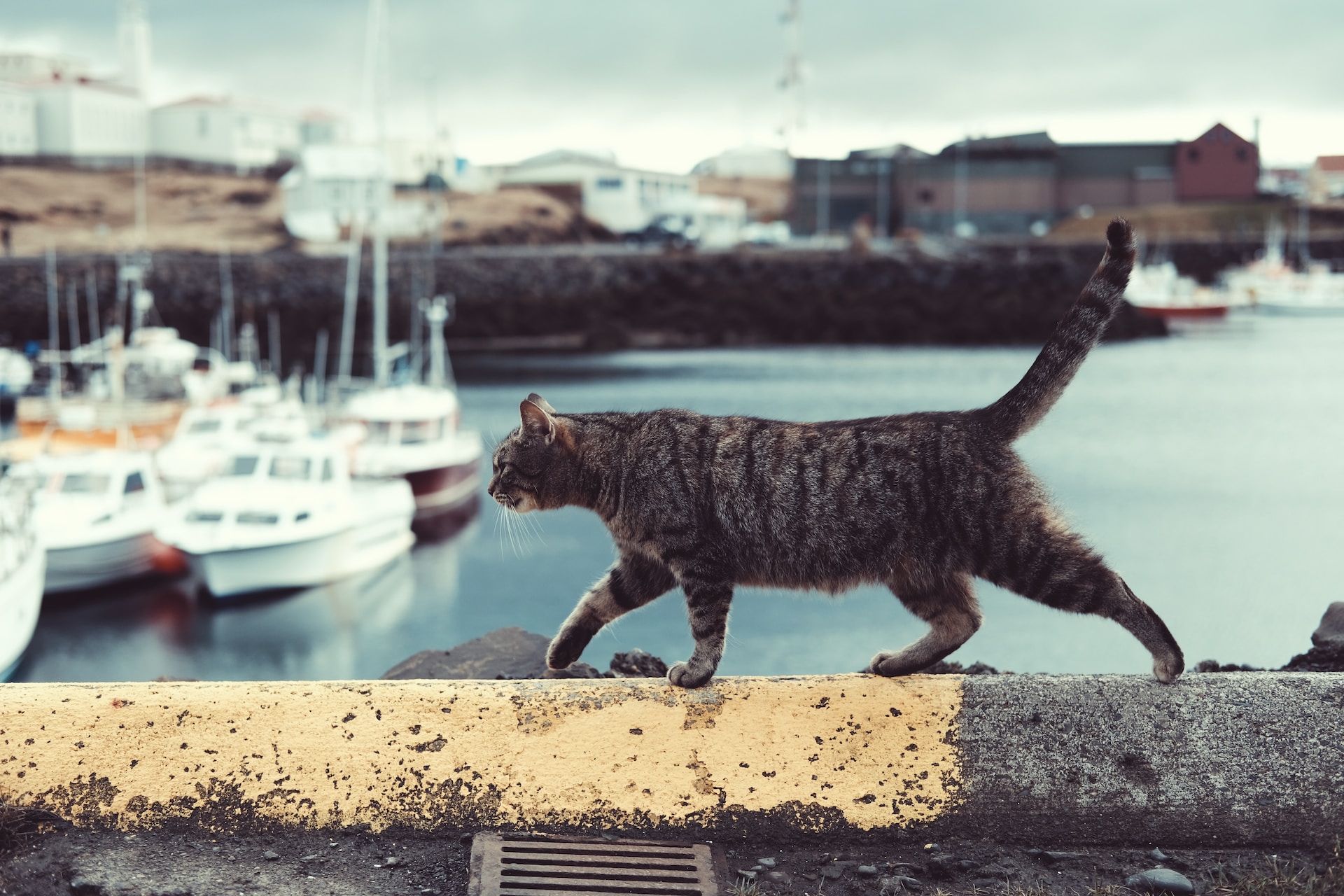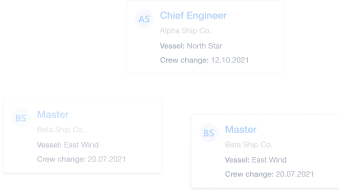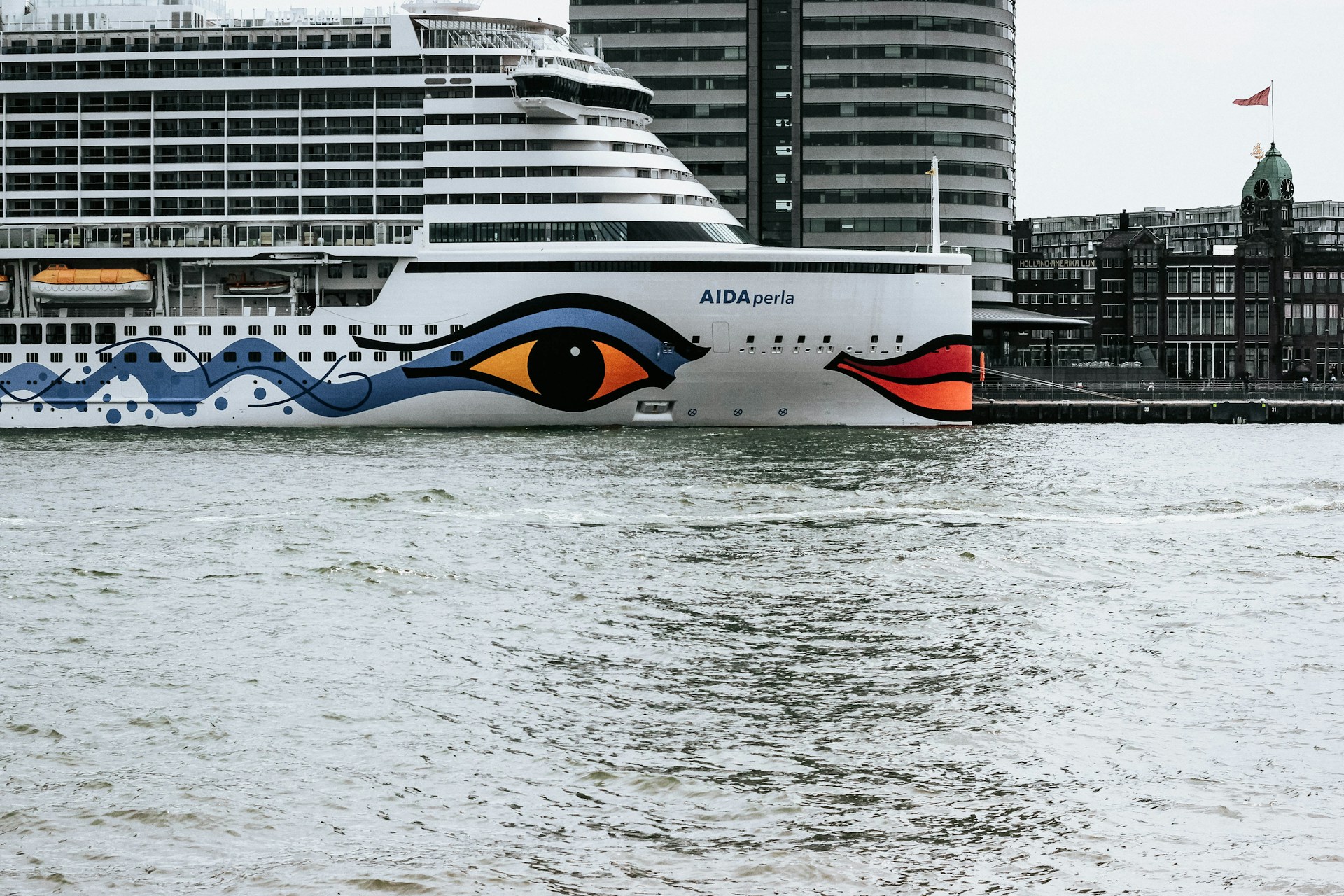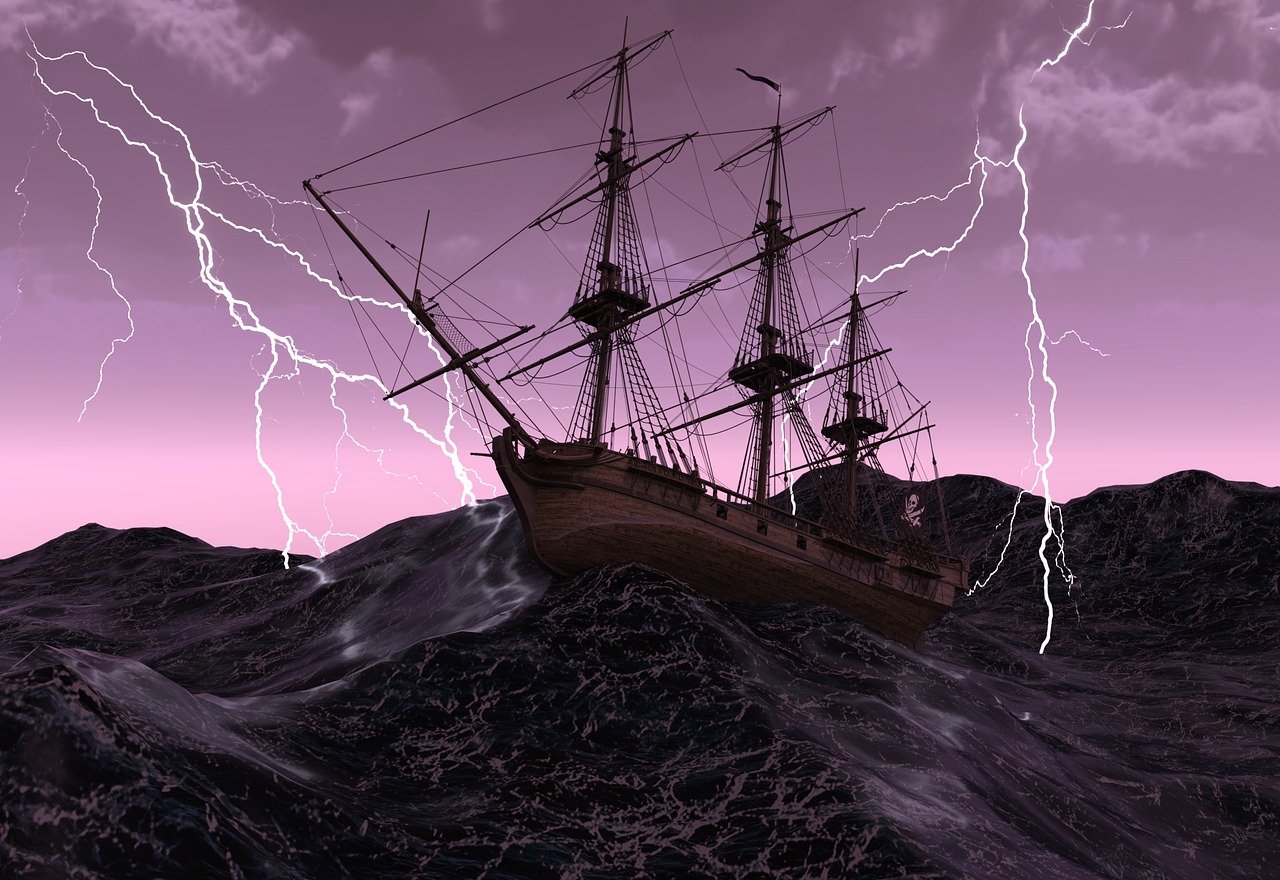As it’s the holiday season for many of us we thought that for this blog post we’d look at something a little lighthearted that’s nothing to do with maritime recruitment, crew planning systems or finding a job at sea!
We’ve covered dozens of maritime and seafarer quotes, looked at some fascinating facts about the shipping industry, and explored facts about maritime and geographical features. Where could we go next, we wondered? How about taking a look at that friend of seafarers of yore; The ship’s cat.
Here we trace the origins of our nautical feline friends and find out why ships had cats onboard in the first place.
A brief history of the ship’s cat
The ship’s cat has long been a staple of the maritime voyage, dating back thousands of years. Indeed, hieroglyphics depict Egyptian seafaring traders with their cats on their trips to the Mediterranean Sea.
Read more: The Mysterious World of Ghost Ships & Some Famous Examples
Cats became just as important a part of the crew as the Able Bodied Seaman or the Deck Cadet (well, almost but not quite!) and spent the next few centuries sailing both in peace time and in war alongside their human shipmates.
Do vessels still have ship’s cats onboard
Over time, the tradition of having cats on ships became heavily ingrained in maritime culture and even today, some - usually privately owned - ships continue to welcome a ship’s cat onboard, though their pest control duties have largely been taken over by modern methods such as tenting with chemicals or through the use of pesticides.
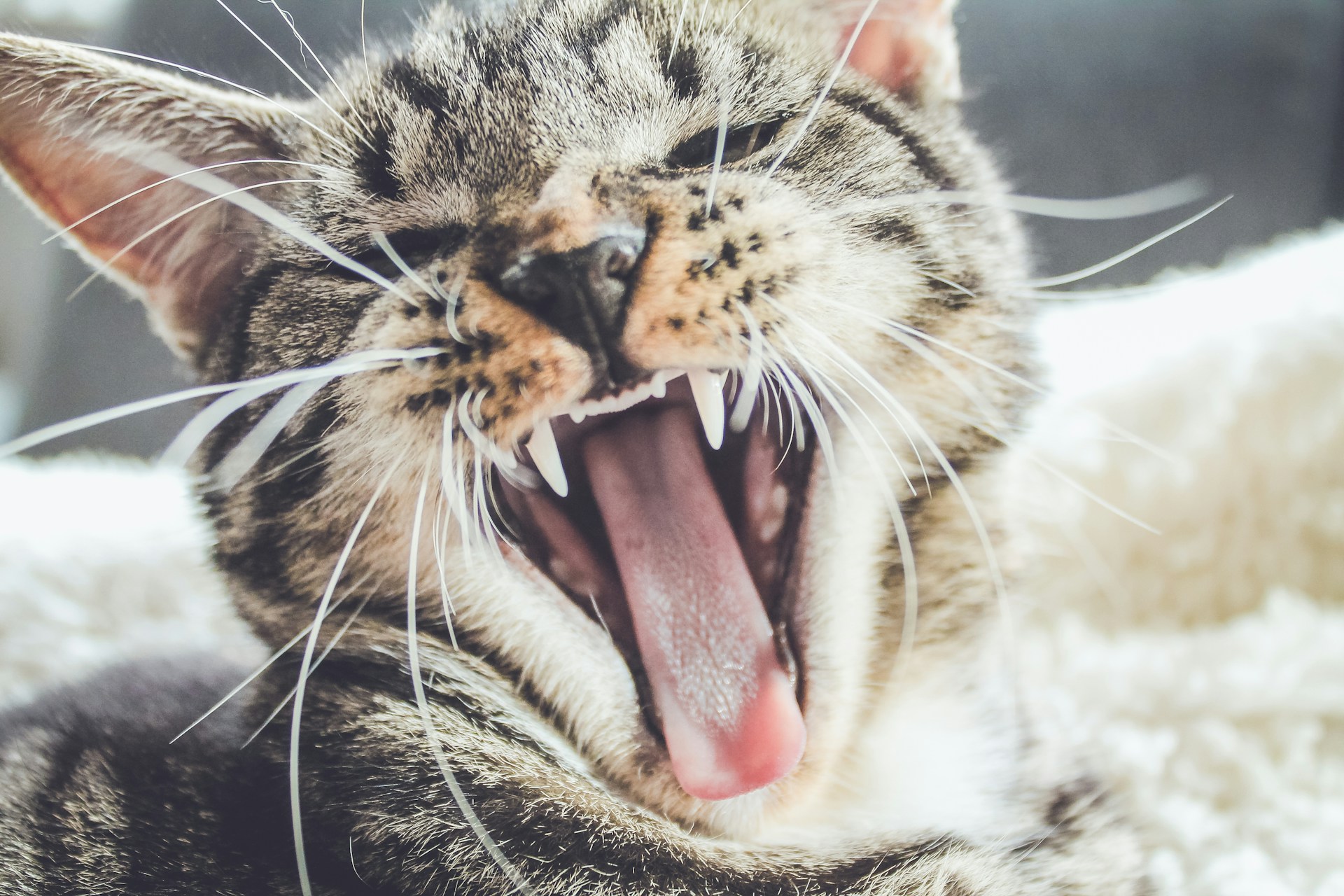
We say privately owned as many maritime organizations have placed a ban on ship’s cats. This includes the British Royal Navy which banned cats and other pets from all ocean-going vessels in 1975 due to hygiene concerns. You won’t find felines on US-flagged ships either, a ban also having been put into place in the 1970’s.
Hygiene onboard aside, the other issue with ship’s cats was them either escaping from the vessel when she docked or even being taken ashore by the crew when they disembarked for shore leave.
And if cats weren’t native to the country that the ship had docked in, all sorts of issues arose, mainly the killing of local birds and other animals by the cats.
This alone was bad enough, but inevitably, some cats never ended up returning to their ship, having been lost or left. This led to them breeding in places to which they were non-native and helping to contribute to the extinction of numerous species of birds, mammals and reptiles.
Why did ships used to have cats onboard them?
Ships in the olden days used to have cats on them for a number of reasons ranging from the obvious to the slightly more obscure.
To keep the rat and mouse population under control
No prizes for guessing that the most important reason to keep a ship’s cat onboard was for pest control purposes.
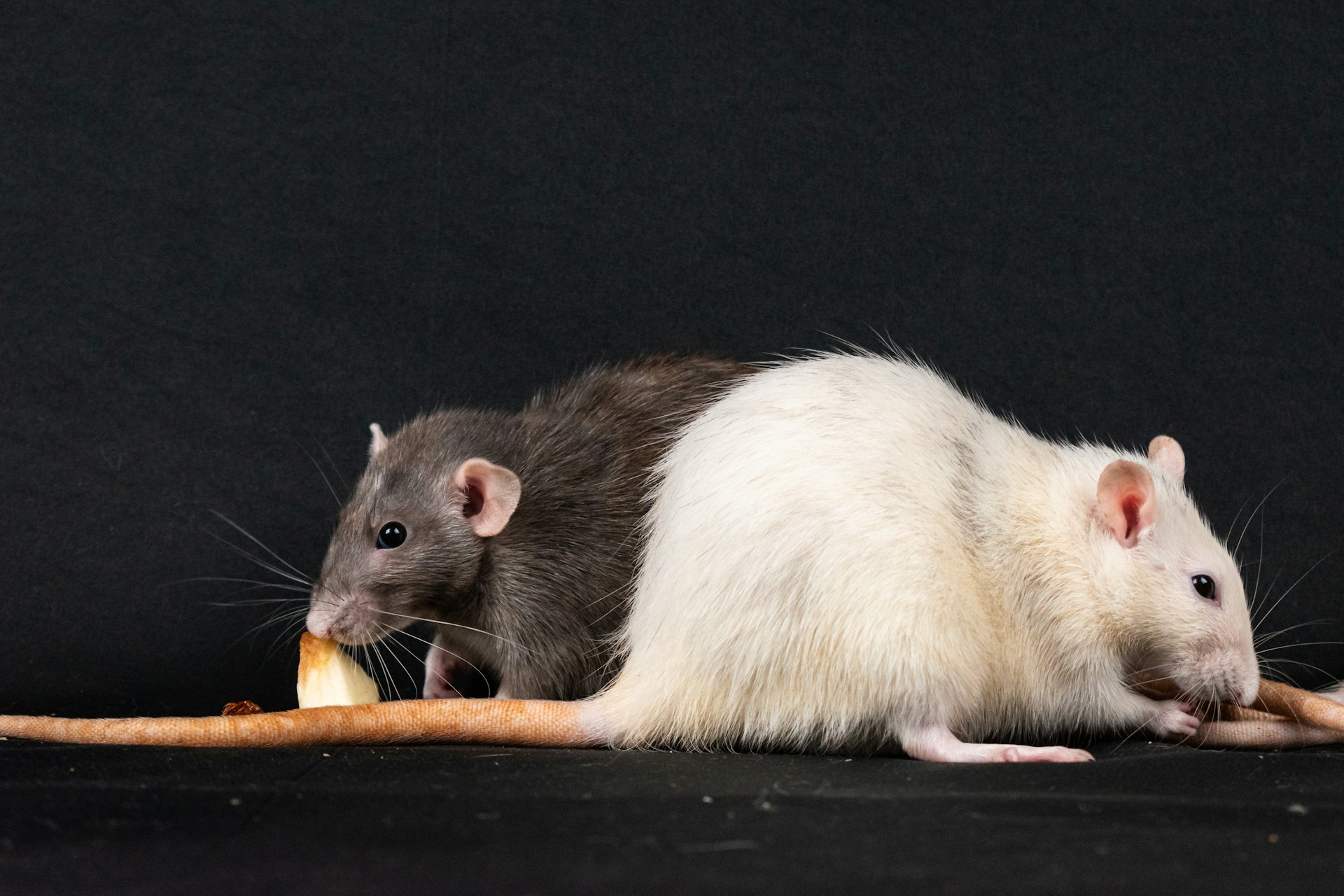
Just as many modern bulk carriers and cargo and container ships do today, the ships of yesterday carried large quantities of food, both supplies for the sailors and as edible cargo such as grain or fruit, making them prime targets for rats and mice who would sneak onboard - and then breed.
These vermin could not only eat through supplies and cargo but also spread diseases like the plague. Cats, with their natural hunting instincts, were therefore the ideal solution to this problem.
Their keen senses and agility allowed them to track down and eliminate rodents, keeping the ship's stores and cargo safe and the crew healthy.
Or at least as healthy as they could be in the days of scurvy and other unpleasant diseases which have since been eliminated from life at sea.
To keep the crew happy and sane
Just as we keep domestic pets such as cats and dogs in our homes, the ship’s feline crew member was a great morale booster.
Long voyages could be lonely and stressful for sailors and having a friendly furry companion on board would help to provide a little stress relief and some much-needed companionship.
Although not as known for their social skills as the average family dog, cats could still offer comfort and provide a sense of normalcy in the often harsh working and weather environments.
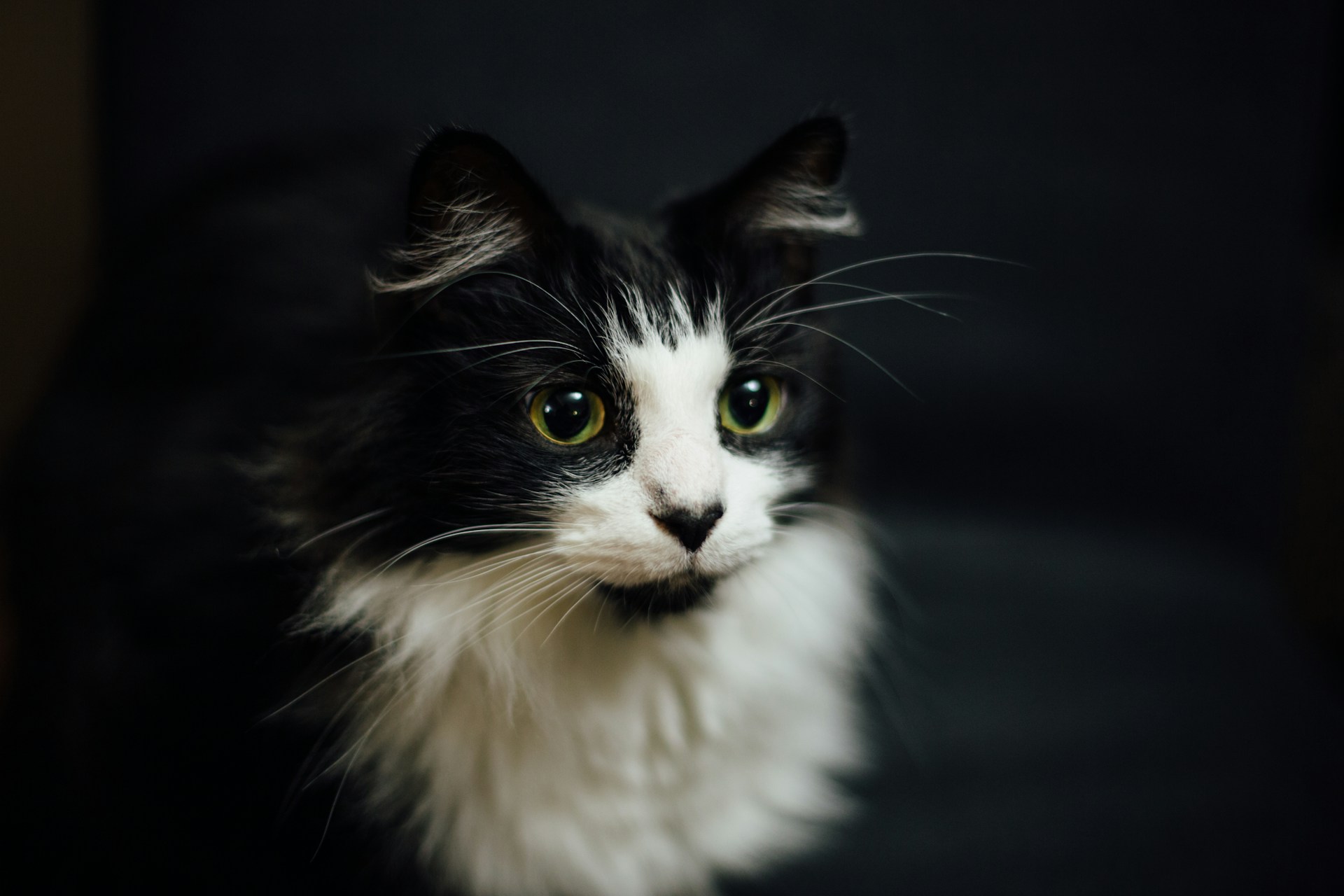
To provide some often-needed good luck
Sailors can be a superstitious bunch and many crew members believed that cats brought good luck. Some cultures even associated cats with supernatural powers, believing they could protect the ship from storms and other dangers.
Black cats were particularly thought to be lucky, and their presence on board was often seen as a good omen.
Read more: 13 (Unlucky for Some!) Sailors' Superstitions
To provide a little entertainment
Ship’s cats could also provide a spot of old school entertainment for the crew, especially during long periods of boredom at sea.
These days crew will often retire to their cabin to watch videos or play video games but way back before we all turned to technology our for entertainment, sailors would often train their cats to perform tricks.
And even if a ship’s cat wasn’t willing to perform, they could provide a little light entertainment for the seafarers who would watch them play by themselves - and, of course, chase after those pesky rats and mice!
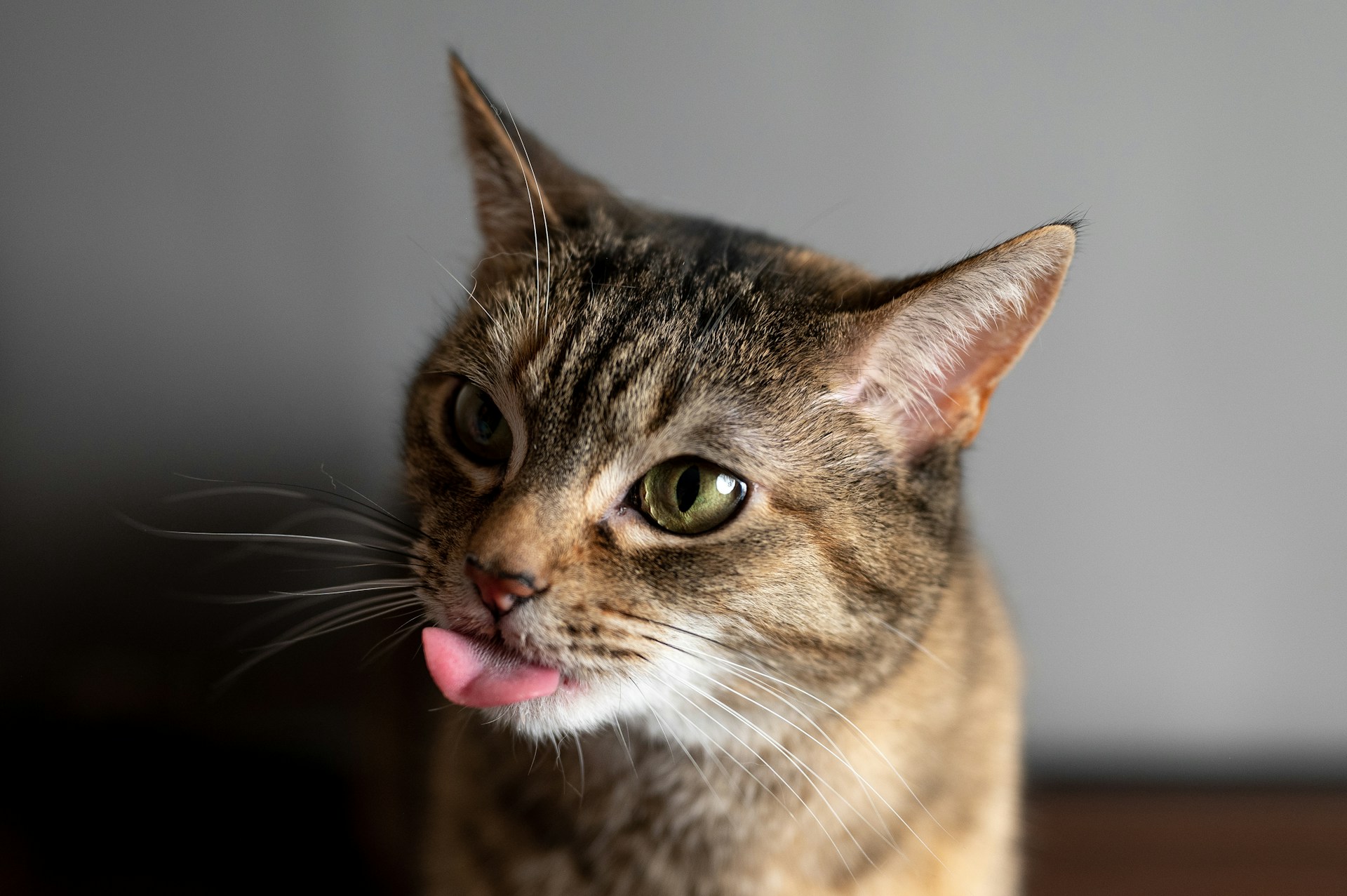
Are you looking for a seafarer job?
The ship’s cat might not be part of a traditional crew onboard a vessel anymore but at Martide we’re always looking to fill plenty of seafarer job vacancies.
Are you looking for Chief Officer jobs, Second Engineer jobs, Master jobs, Fitter jobs, Third Engineer jobs, Ship’s Cook jobs, Second Officer jobs, Oiler jobs or any other rank?
We can help you find your next job on a ship.
Create your free Martide account now and start applying for your next seafarer job right now.
We look forward to seeing you onboard soon. Meanwhile, why not follow us on Facebook, LinkedIn and Twitter / X?

Eve Church
Eve is Martide's content writer, publishing regular posts on everything from our maritime recruitment and crew planning software to life at sea. Eve has been writing professionally for more than two decades, crafting everything from SEO-focused blog posts and website landing pages to magazine articles and corporate whitepapers.
UK
